Ever find yourself tossing and turning at night, wondering why you can't seem to get a good night's sleep? The answer might be lurking in your late-night snack choices. What you eat before bed can make a huge difference in how well you sleep. There are 13 foods you shouldn't eat before sleeping since they may keep you awake, cause indigestion, or even give you weird dreams.
If you're craving that great night's sleep, it's time to rethink your bedtime munchies. You might be surprised at how some of your favorite treats are actually sabotaging your snooze. By knowing what to steer clear of, you can make smarter choices that help you drift off easier and stay asleep longer. Ready to find out which foods to avoid before hitting the hay? Let's get started!

Red Meat

Red meat is rich in protein and fat, which can take a long time to digest. Consuming red meat close to bedtime can lead to indigestion and discomfort, making it difficult to fall asleep. The digestive process requires energy and keeps your body active when it should be winding down. Additionally, red meat can increase the production of certain hormones, such as cortisol, which can interfere with sleep. Opting for lighter protein sources in the evening can help promote better rest.
Sugary Snacks and Desserts

Consuming sugary snacks and desserts before bed can lead to a spike in blood sugar levels, followed by a rapid drop, which can disrupt your sleep. The initial surge in energy can make it difficult to fall asleep, while the subsequent crash can cause you to wake up during the night. High sugar intake can also lead to an increase in insulin production, which may further affect your sleep quality. Opting for a balanced snack with protein and healthy fats can help maintain stable blood sugar levels and promote better sleep.
Cheese

Cheese contains high levels of fat and protein, which can be difficult to digest before bed. Additionally, cheese is rich in tyramine, an amino acid that can stimulate the brain and keep you awake. This can make it harder to fall asleep and may lead to more frequent awakenings during the night. Choosing low-fat dairy options or other lighter snacks in the evening can help improve sleep quality and reduce nighttime disruptions.
Caffeine-containing Drinks and Foods

Consuming items with caffeine, such as coffee, tea, and chocolate, can significantly disrupt sleep patterns. Caffeine is a stimulant that increases alertness by blocking the effects of adenosine, a brain chemical that promotes sleep. Its effects can last for several hours, making it difficult to fall asleep and stay asleep. Even decaffeinated versions of these beverages may contain trace amounts of caffeine that can affect sensitive individuals. Therefore, it's best to avoid these items in the hours leading up to bedtime to promote a more restful night.
Garlic

Garlic, while flavorful, can cause digestive discomfort and lead to heartburn or acid reflux, especially when consumed close to bedtime. The strong compounds in garlic can irritate the lining of the stomach and esophagus, leading to a burning sensation that disrupts sleep. Additionally, garlic's pungent odor can linger, causing bad breath and discomfort. Avoiding garlic in the evening can help reduce the risk of sleep disturbances and promote a more restful night.
Tomato-based Sauces

Tomato-based sauces, including marinara and pizza sauce, are acidic and can cause heartburn or acid reflux, especially when consumed close to bedtime. The acidity in tomatoes can irritate the lining of the stomach and esophagus, leading to discomfort that disrupts sleep. Additionally, these sauces often contain high levels of sugar and salt, which can further impact your ability to fall asleep and stay asleep. It's advisable to avoid tomato-based dishes in the evening to reduce the risk of sleep disturbances.
Ice cream
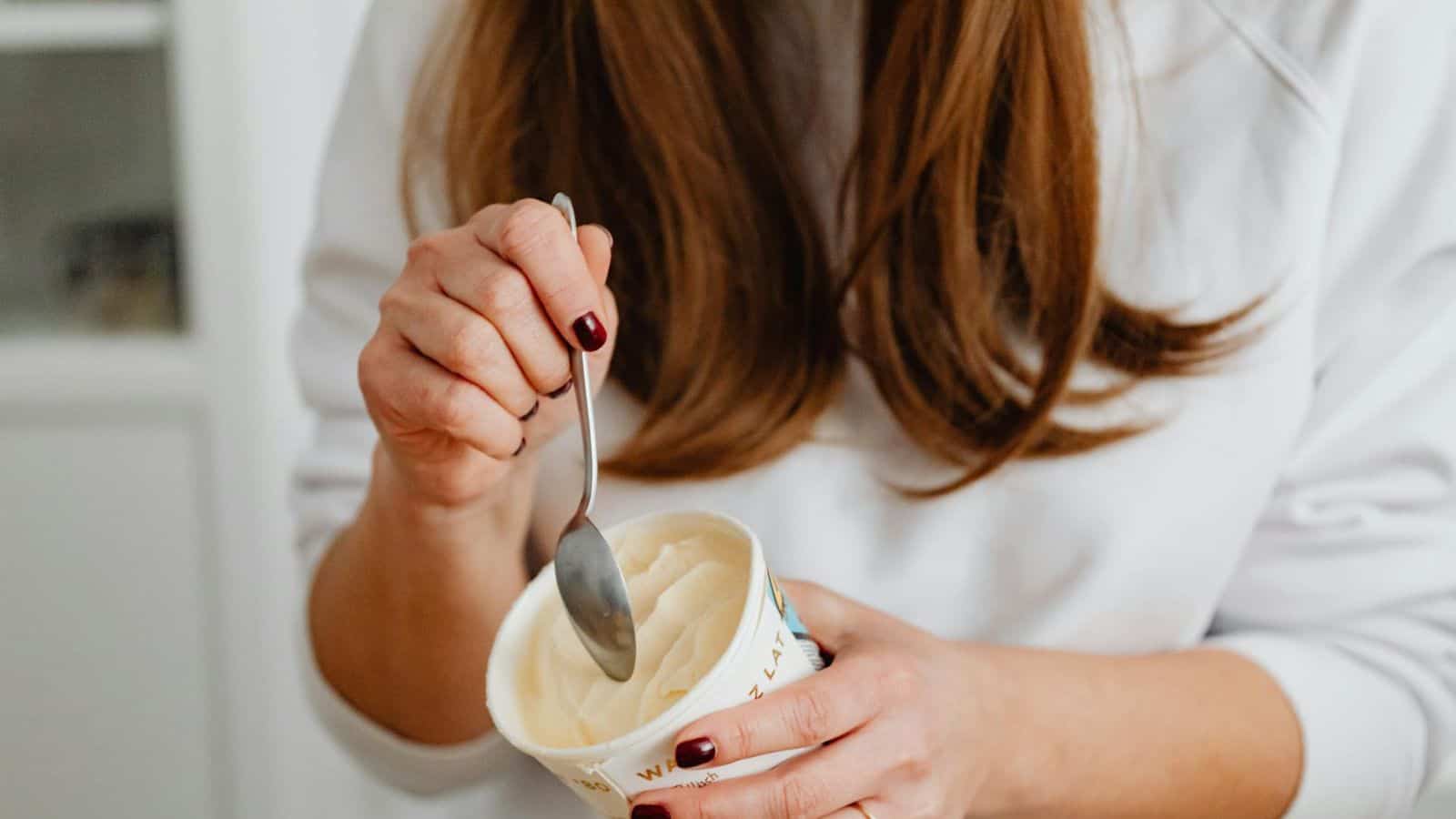
Ice cream is high in sugar and fat, both of which can interfere with sleep. The sugar can cause a spike in blood sugar levels, followed by a rapid drop, leading to disrupted sleep. The fat content can slow down digestion, causing discomfort and making it harder to fall asleep. Additionally, the caffeine found in some ice cream flavors can further impact your ability to get a good night's rest. Opting for a healthier snack before bed can help promote better sleep.
Spicy Foods
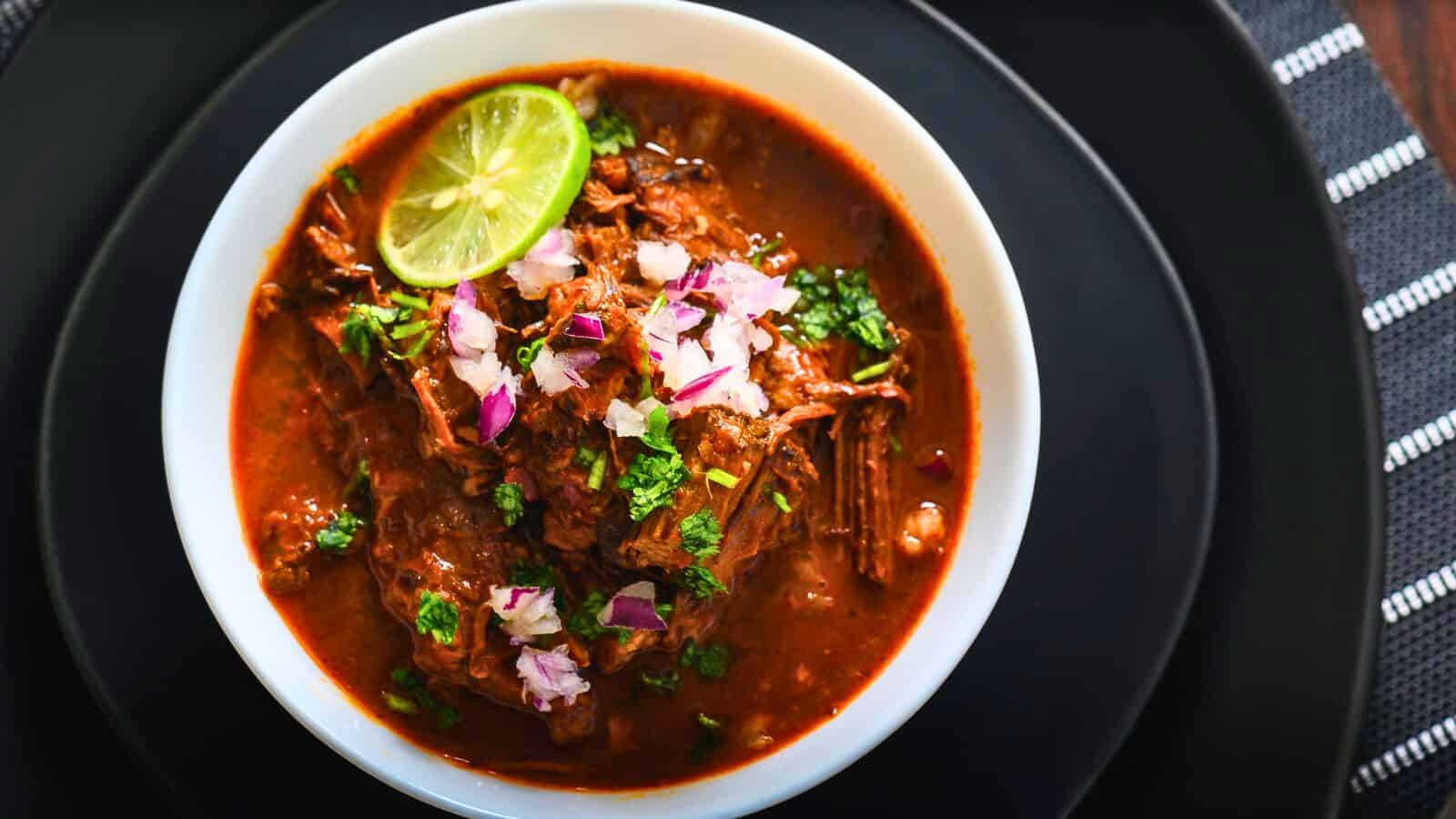
Spicy foods, while flavorful, can cause discomfort and disrupt sleep. They often lead to heartburn or acid reflux, conditions where stomach acid flows back into the esophagus, causing a burning sensation in the chest. This discomfort can make it difficult to fall asleep and may cause you to wake up during the night. Additionally, spicy foods can increase your body's core temperature, which can interfere with the natural drop in temperature that helps signal to your body that it's time to sleep.
Processed Foods High in Sodium
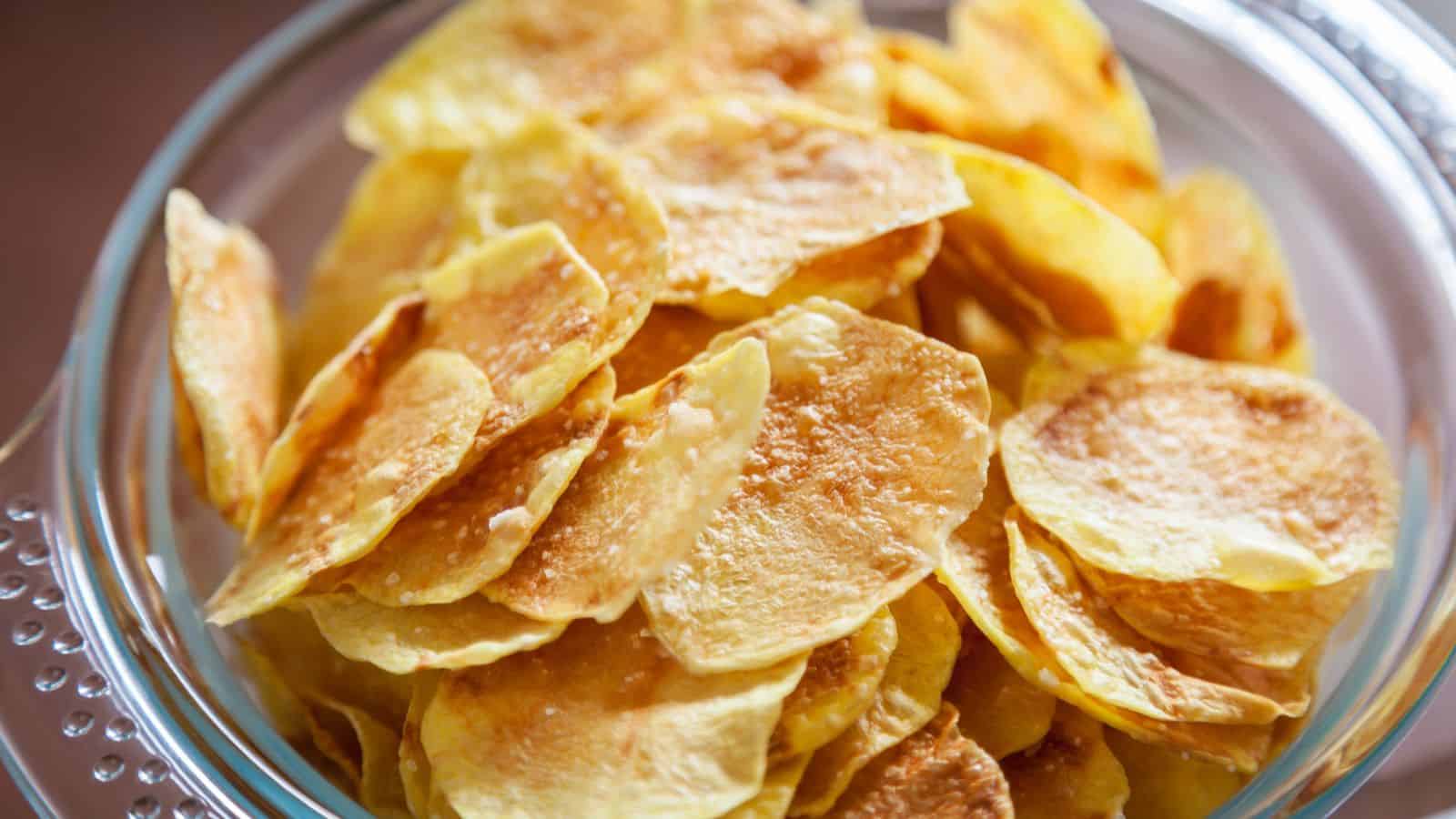
Processed foods, such as chips, canned soups, and deli meats, often contain high levels of sodium. Excessive sodium intake can lead to water retention and increased blood pressure, causing discomfort and making it harder to fall asleep. Additionally, these foods can trigger thirst, leading to more frequent trips to the bathroom during the night. Reducing your intake of high-sodium processed foods in the evening can help improve sleep quality and reduce nighttime disruptions.
Alcohol

While alcohol might initially make you feel sleepy, it can significantly disrupt your sleep cycle. Alcohol can interfere with the rapid eye movement (REM) stage of sleep, which is crucial for restorative rest. As the body metabolizes alcohol, it can cause frequent awakenings, night sweats, and dehydration. This leads to poor sleep quality and leaves you feeling tired the next day. Therefore, it's best to limit alcohol intake, particularly in the hours leading up to bedtime, to promote better sleep.
Fatty or Fried Foods
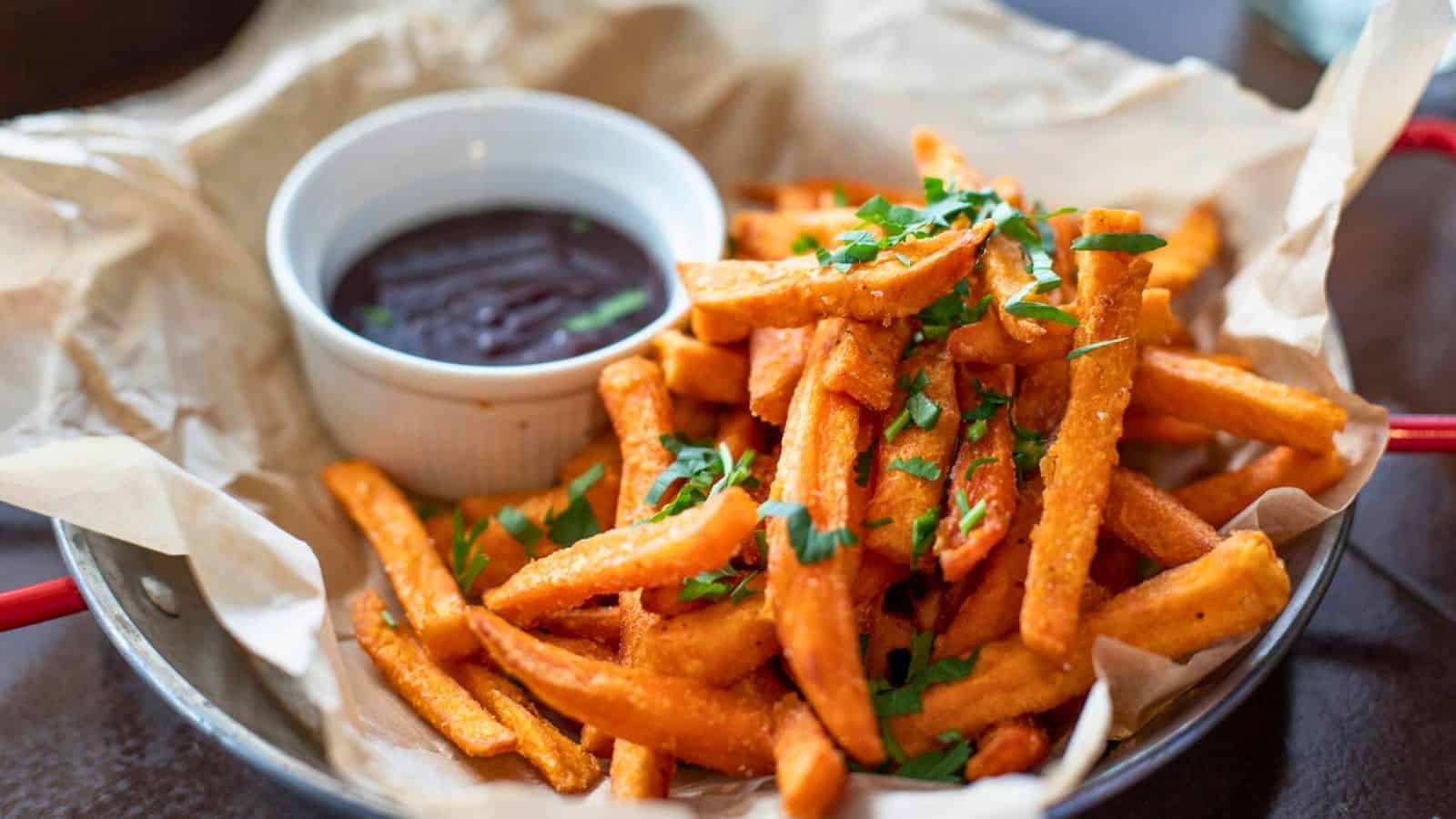
Fatty or fried foods are heavy and take longer to digest. Eating these types of foods before bed can lead to discomfort, indigestion, and even heartburn, all of which can interfere with your sleep. The digestive process requires energy, which can keep your body active when it should be winding down. Additionally, these foods can affect the quality of your sleep, leading to more frequent awakenings throughout the night. Opting for lighter, easier-to-digest foods in the evening can help promote better sleep.
Citrus Fruits

Citrus fruits, such as oranges, grapefruits, and lemons, are highly acidic and can cause heartburn or acid reflux, especially when consumed close to bedtime. The acidity can irritate the lining of the stomach and esophagus, leading to discomfort and disrupted sleep. Additionally, the high vitamin C content in citrus fruits can have a stimulating effect, making it harder to relax and fall asleep. It's best to avoid these fruits in the evening and choose less acidic options to promote a more restful night.
Carbonated Beverages

Carbonated beverages, such as soda and sparkling water, can cause bloating and discomfort, making it difficult to fall asleep. The carbonation can lead to gas buildup in the stomach, which can result in burping and abdominal pain. Additionally, many carbonated drinks contain caffeine and sugar, both of which can interfere with your ability to fall asleep and stay asleep. It's best to avoid these beverages in the evening and choose still water or herbal tea to support better sleep.
Skip the Snacks and Sleep Like a Champ!

So, there you have it. The foods you eat before bed can play a huge role in how well you sleep. By steering clear of these common sleep disruptors, you give yourself a better chance at waking up refreshed and ready to tackle the day. It's all about making small changes that add up to a big difference. Your late-night snack choices might seem minor, but they can have a major impact on your sleep quality.
Remember, getting a great night's rest isn't just about what you do during the day but also about what you eat in the evening. Swap out those sleep-sabotaging snacks for options that support restful slumber. So, next time you're reaching for a bedtime treat, think twice. A few smart choices can lead to a perfect night's sleep and a brighter morning. Sweet dreams!
Lacking Sleep? Eat These Melatonin-Rich Foods For a Restful Night

Struggling to get a good night's sleep? You're not alone. Many people toss and turn, wishing for a magic solution to drift off peacefully. But guess what? The answer might be as simple as what's on your plate. There are 13 foods rich in melatonin, a hormone that helps regulate your sleep cycle. Adding these foods to your diet can make a huge difference in how well you sleep.
Read it Here: Lacking Sleep? Eat These 13 Melatonin-Rich Foods For a Restful Night
Start Your Day Right by Avoiding These Foods on an Empty Stomach

Starting your day off right can set the tone for everything that follows. But did you know that some foods can actually cause more harm than good when eaten on an empty stomach? It's not just about what tastes good; it's about making choices that won't leave you feeling bloated, uncomfortable, or dealing with digestive issues. This is why it's important to know these 10 foods you should never have on an empty stomach.
Read it Here: Start Your Day Right by Avoiding These 10 Foods on an Empty Stomach

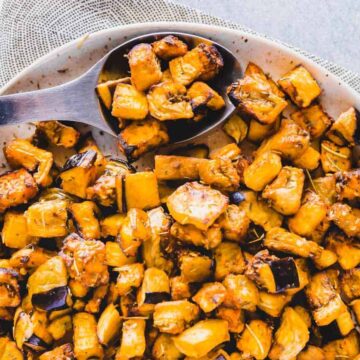
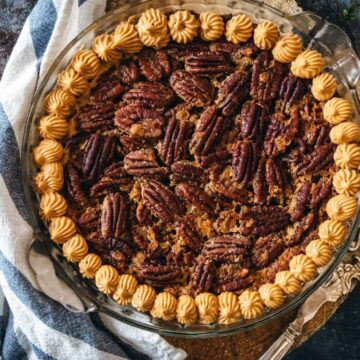
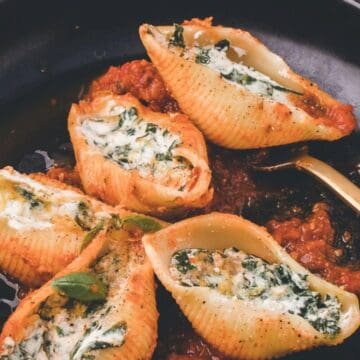
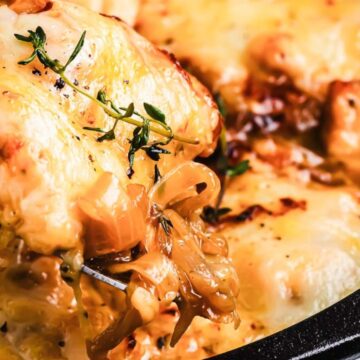
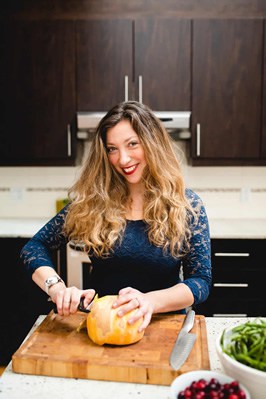
Tell Me What You Think!